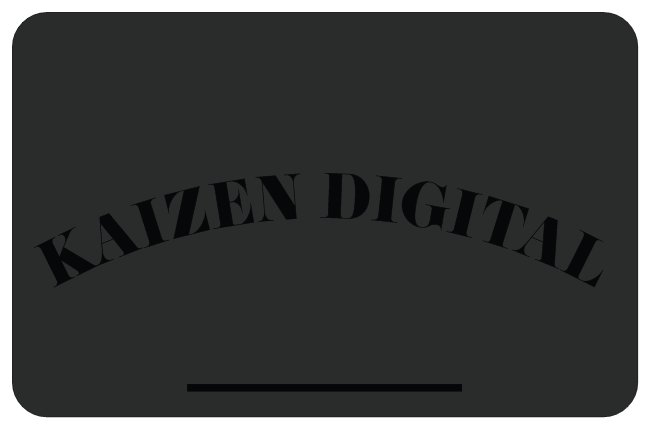I’m not looking to say one is actually the better option than the other here, this is simply me saying “this is where apps can add MORE value than your website!”
Right now, mobile usage will be SOARING. With the sheer amount of people unable to work from office premises, it’s all too easy for people generally to pay a little more attention to their smartphone. If there was EVER a time to be utilising mobile channels to attract new clients or candidates – its now!
Larger firms might be able to have the luxury of both web and app platforms, whereas some may have to make a choice, and that choice will ultimately come down to factors of cost, usability, target audience and the relevant features required.
Having said that, there are studies that suggest people prefer app over sites (generally) which is a strong case for the creation of such apps for your business.
There are other reasons too, reasons that in my “humble” opinion make apps better that websites (my own app is currently in development at the time of publishing).

So, without further a due, here’s my top 10.
#1: Personalisation Is Better With Mobile Apps.
Mobile apps make it easy for your users to have a personalised experience, especially if you create functions that are customisable by the user.
You can also observe/track usage, and data is king when it comes to targeted marketing.
#2: Sending Notifications Is Easy!
Email…so last year!
Over-emailing leads to loss of effectiveness – opening and click rates are less than overwhelming!
Enter push and in-app notifications… the non-intrusive, instant way to reach your audience. Push not’s can have open rates in excess of 40%!
- Hot Jobs
- Star Candidates
- Timesheet Reminders
- Invoice Reminders
And so on…..
#3: Exploiting Mobile Features
Apps make it easy to create an interactive experience, utilising the phone’s GPS, camera, contact list, etc etc.
Also – these features can be used to reduce users’ efforts, uploading ID from within the app for example.
#4: Offline working ability
One of the most fundamental differences is apps allowing basic content and functionality offline. Obviously the available features will depend on the audience, the point being that a connection isn’t always required.
#5 Design Freedom
Apps can be designed to use a variety of elaborate gesture-based functions, swiping, pinching, dragging, etc, the benefit of which translates to an innovative experience for your user to perform tasks better than on a website.
6#: Fresh Branding
Thinking about relaunching your brand or launching a new entity and want to test the water with different styles/appearances etc? Do it with an app.
You can experiment because, as a separate entity to the website, the app won’t impact the design/structure if existing websites.
Want to play around with the internal linking/structure/nav of your site without jeopardising SEO? Roll out your ideas via the app for feedback.

7#: More Time Is Spent On Apps.
According to Forbes, mobile users spend 86% of there entire mobile time on apps, compared to (obvs) 14% on mobile websites!
Build an app, capture that screen time!
#8: New Conversation Opportunities
Because of the nature of apps (the targeted audience) it can be easier to drive engagement, and in turn feed users through a conversion funnel.
Mobile/Browser websites on the other hand will typically reach a more diverse audience. With clients and candidates in mind, the content each user sees can be tailored. Have different content in different user profiles. Easy!
#9: Presence Of Your Brand
Subconsciously, the presence of your little app logo on your user’s phone will “brand” your business into their psyche. You never know when they might be in a convo discussing the services a firm like yours can provide then BAMMM, “I’ve got an app that could....”
This presence can in some ways be linked to Signal Detection Theory – which basically says that people can process in their minds, ads that they’ve in some way ignored previously.
#10: Speed
Load speed, connection speed, task execution speed, can all work quicker on apps.
Storing preferences for example will reduce the time of some tasks to complete.
Locally-stored data is quicker to access so load times are generally faster.
Mobile app framework can typically run 5x faster than Javascript…the technical justification!
So while the background is optimisied for speed, it means the front-end experience is often quicker ‘n’ slicker!
So, given all that, what choice should you make?
IF you can do both, do both. If you’re restricted by budget or business goal, you’ll likely have to choose.
Both have pros and cons but in terms of conversion and personalisation – apps FTW.
If you want to know more, get in touch, or go to https://kaizen-digital.com/mobile-app-development/ for more info.
If you know anyone who needs to see this give it a share.
Take care, stay well!

